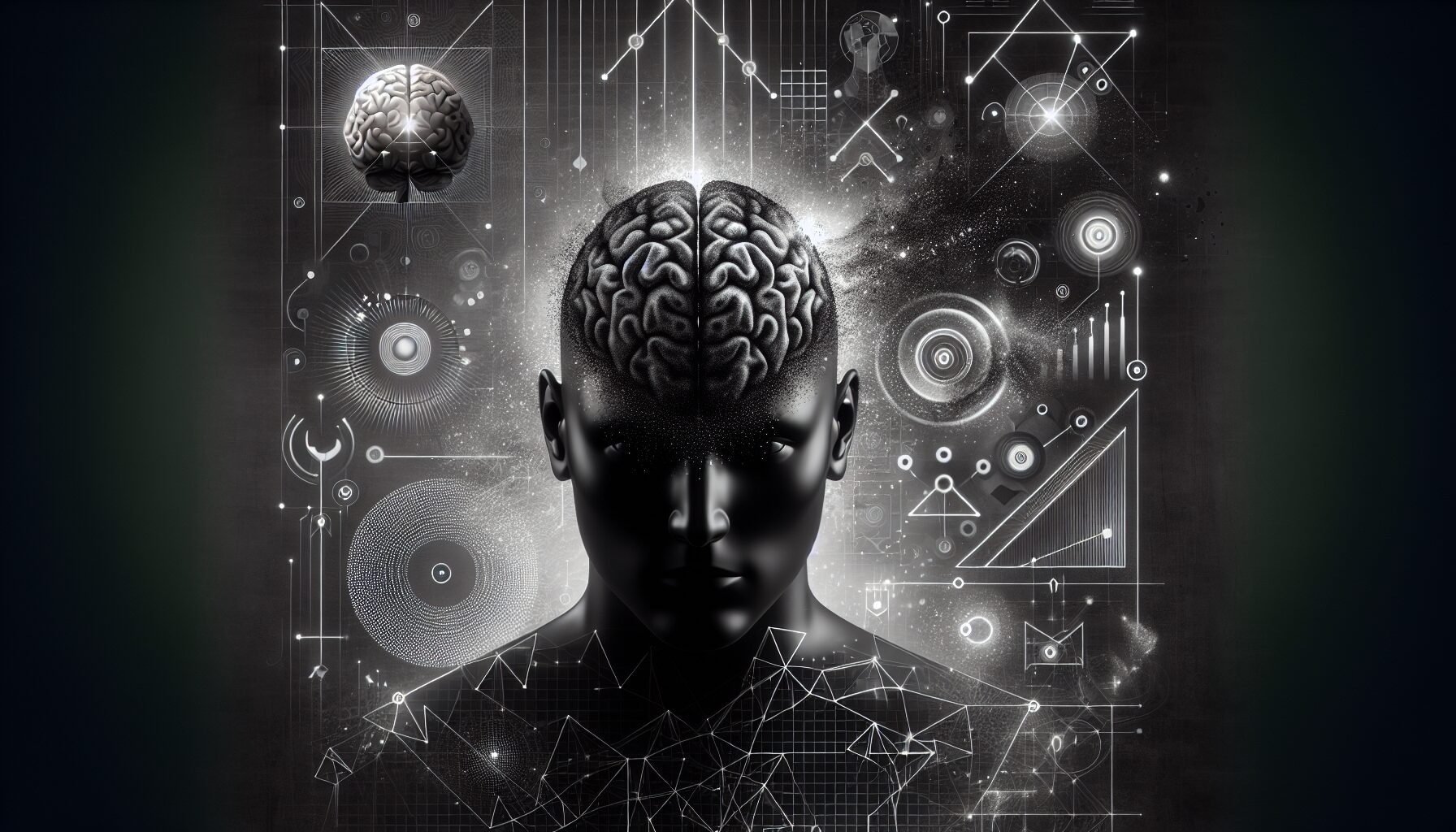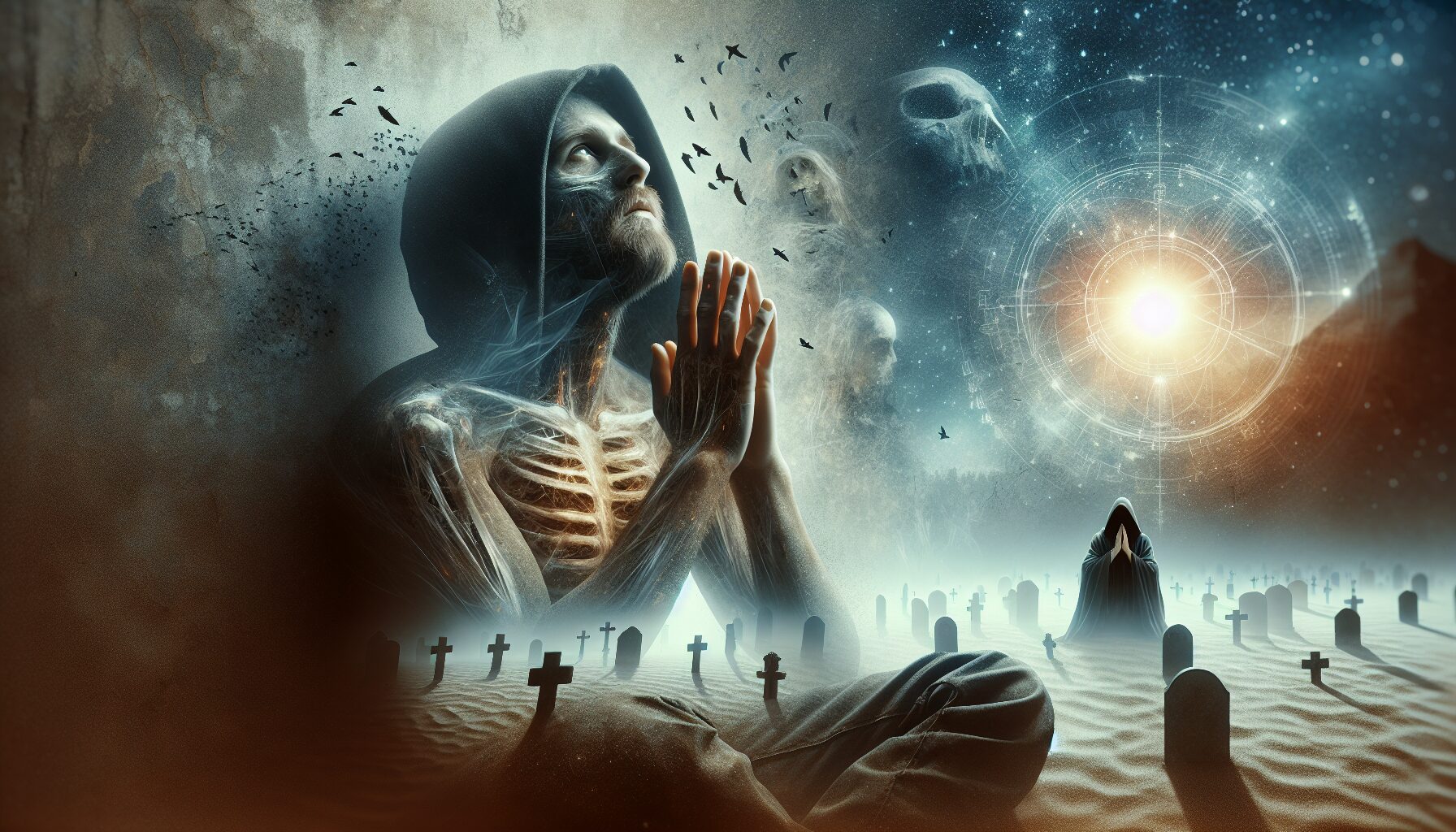In the midst of 21st century’s light-speed technological advancements and glittering positivity, there exists a shadowy corner of thought known as dark philosophy. It is an arena where thinkers grapple with the limitations of human existence, the meaninglessness of life, and the inevitability of death. For those brave enough to venture into the depths of the obscure mind, dark philosophy offers a unique perspective often overlooked by mainstream philosophical ideals.
Understanding Dark Philosophy
Dark philosophy, at its core, challenges the very essence of what it means to live a fulfilling life. It grapples with themes such as nihilism, existentialism, and pessimism. While these concepts might seem bleak or even daunting, they provide a much-needed counterbalance to the relentless pursuit of happiness and optimism that pervades modern society. Here are some fundamental aspects:
- Nihilism: Originating from Latin nihil meaning “nothing”, nihilism posits the belief that life is without objective meaning, purpose, or intrinsic value. Prominent philosopher Friedrich Nietzsche, known for declaring “God is dead,” believed that life should be lived for the moment as there is no universal moral system.
- Existentialism: Thinkers like Jean-Paul Sartre and Albert Camus explored how individuals must find meaning within themselves, rejecting predetermined definitions imposed by society. Sartre famously stated, “Man is condemned to be free,” emphasizing personal responsibility in creating one’s own purpose.
- Pessimism: As a philosophical attitude, it generally suggests that the perceived world is fundamentally flawed and fraught with suffering. German philosopher Arthur Schopenhauer argued that human desires are inherently unattainable, leading to frustration and disillusionment.
The Modern Resonance of Dark Philosophy
In today’s fast-paced world, dark philosophy resonates with many who feel disillusioned by conventional measures of success and happiness. Here are reasons why this school of thought appeals to modern thinkers:
“We love life, not because we are used to living but because we are used to loving.” – Friedrich Nietzsche
- Rejection of Superficiality: As society becomes increasingly materialistic, dark philosophy offers an escape by emphasizing deeper, often uncomfortable truths over fleeting pleasures and superficial achievements.
- Understanding Suffering: By confronting suffering rather than avoiding it, individuals can attain resilience and profound insight. For instance, Camus’ notion of the ‘absurd’ illustrates the inherent contradictions in human existence which, when embraced, empowers individuals to live authentically.
- A Sense of Liberation: The acceptance of life’s inherent meaninglessness grants a freeing sense that allows one to explore possibilities unfettered by societal expectations. As philosopher Lars Svendsen notes, “Meaning has become a matter of choice,” giving individuals the power to define their existence.
Challenges and Misconceptions
Despite its avant-garde appeal, dark philosophy faces numerous challenges and misconceptions:
- Misperceived as Cynical: Many dismiss dark philosophy as cynical or nihilistic, overlooking its potential to evoke positive thinking through acceptance and personal empowerment.
- Emotional Strain: Confronting one’s darkest thoughts can be emotionally taxing, leading some to retreat into denial or despair rather than acknowledging and working through existential anxieties.
- Intellectual Elitism: The often complex and challenging nature of dark philosophical texts may be perceived as exclusive or inaccessible, alienating those unfamiliar with its intricacies.
Dark Philosophy in Action
For those intrigued by dark philosophy’s allure, practical application is key. Here’s how one might integrate its principles into daily life:
- Embrace Solitude: Set aside time for introspection and solitude to explore your thoughts and feelings without external influence.
- Meditative Practices: Employ mindfulness and meditation techniques to foster acceptance of life’s unpredictability and transience.
- Creative Outlets: Use art, writing, or music as means to express and process complex emotions stirred by dark philosophical themes.
Ultimately, dark philosophy challenges us to face the shadows within ourselves and the world around us, offering an unflinching examination of human nature and existence. For the modern thinker, it is a call to authenticity, resilience, and profound reflection—a path less traveled, yet rich with transformative potential.
“The world breaks everyone, and afterward, some are strong at the broken places.” – Ernest Hemingway
While embracing the ideas of dark philosophy may not lead to conventional happiness, it opens up a realm of possibility that allows for deep personal growth and a raw, unvarnished appreciation of life.

